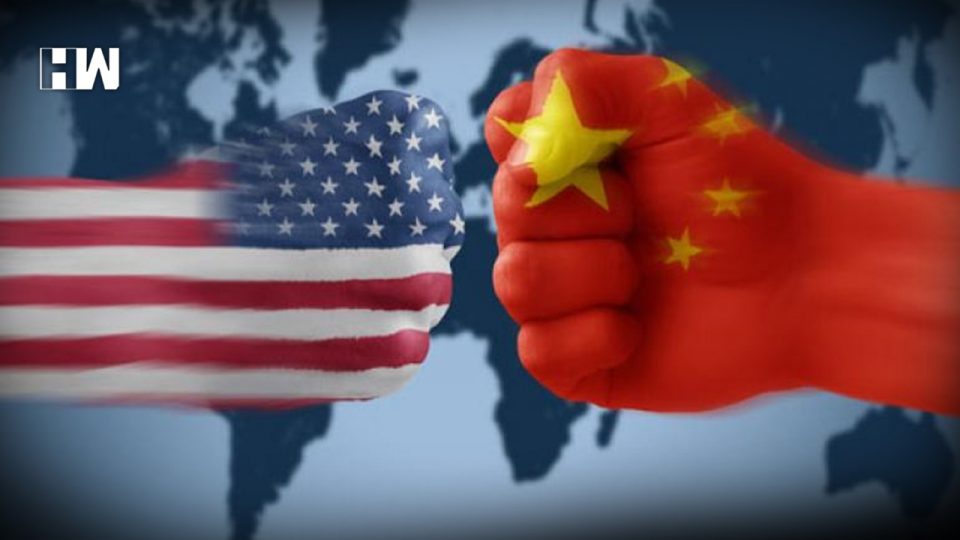The Treasury Department is planning to heighten the study of Chinese investments in sensitive USA industries under an emergency law, putting Washington’s trade war with Beijing on a potentially irreversible course.
Under the plan, the White House would use one of the most important legal measures available to declare China’s investment in US companies involved in technologies such as new-energy vehicles, robotics, and aerospace a threat to economic and national security, according to people familiar with the plans.
Treasury Secretary Steven Mnuchin, suggests looking over that law through an inter-agency government panel called the Committee on Foreign Investments in the USA, or CFIUS, the people said, requesting anonymity to discuss the plans.
One concept under review would be to create a two-tracked CFIUS process to review investments, with one specifically for China, two of the people said.
“It is now clear that Trump’s policy is not about the trade deficit,” said Raymond Yeung, chief greater China economist for Australia & New Zealand Banking Group Ltd. in Hong Kong. “Security risks can be applied to every aspect in a bilateral relationship, investment restrictions in particular.”
Mnuchin has been working on the plans since December, though he’s argued for taking a less aggressive approach. In the end, he’s been persuaded by other members of the Cabinet and the president to use blunt tools to address growing national security risks from Chinese investments, the people said.
The Treasury chief has kept a low profile in recent weeks. People familiar with Mnuchin’s thinking said that after he lost an internal battle on how to handle the trade dispute with Beijing, he’s signaling his disagreement with the president’s approach through silence.
Some administration officials are concerned that declaring a national economic emergency could hammer the stock market or hurt US firms operating in China, they said.
The South China Morning Post reported on Sunday that China has no plan to target US companies operating in the nation amid escalating trade tensions, but additional steps by the White House may change that assessment.
The national emergency law, called the International Emergency Economic Powers Act of 1977, will target prospective investments, meaning existing ones cannot be undone, according to four of the people. It’s unclear what would happen to deals that have been announced but not yet completed. Treasury officials are trying to settle on a legal definition of “Chinese entities’’ that would be affected.
As an independent media platform, we do not take advertisements from governments and corporate houses. It is you, our readers, who have supported us on our journey to do honest and unbiased journalism. Please contribute, so that we can continue to do the same in future.

